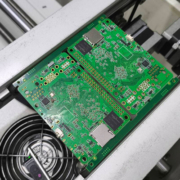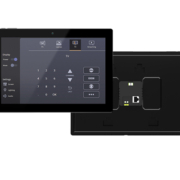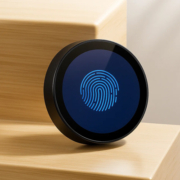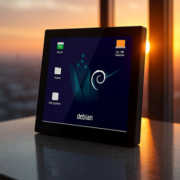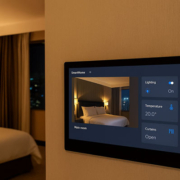What is a Smart Home Automation System?
A smart home automation system is an integrated solution that allows homeowners to control, monitor, and optimize their household devices and appliances through a centralized platform. By connecting lighting, climate, security, entertainment, and other home functions to one ecosystem, it transforms a traditional residence into an intelligent and highly efficient living space.
Key Components of a Smart Home Automation System
- Control Hub or Panel
The central controller—often a wall-mounted touch screen, smart tablet, or mobile app—serves as the brain of the system. It communicates with various devices using protocols like Wi-Fi, Zigbee, Z-Wave, KNX, or Bluetooth. - Smart Devices
These include smart lighting, thermostats, door locks, cameras, curtains, sensors, and appliances. Each device can be programmed or controlled remotely, allowing seamless interaction between different parts of the home. - Connectivity & Integration
A strong and reliable network (wired or wireless) ensures that devices communicate smoothly. Advanced systems also integrate with voice assistants such as Alexa, Google Assistant, or Apple Siri. - Automation Software
Automation rules—like “turn off the lights when no one is in the room” or “close curtains at sunset”—are managed through software. This gives homeowners a customized living experience.
Benefits of a Smart Home Automation System
- Convenience: Centralized control of multiple devices saves time and effort.
- Energy Efficiency: Smart scheduling and sensors reduce unnecessary energy consumption.
- Security: Real-time monitoring, smart locks, and alert systems provide peace of mind.
- Comfort: Automated climate control, lighting, and entertainment create a personalized environment.
- Remote Access: Homeowners can manage their home anytime, anywhere via smartphone apps.
Use Cases in Daily Life
- Adjusting the thermostat before arriving home.
- Receiving alerts if a door or window is left open.
- Automating morning routines with lights, music, and coffee makers.
- Managing office or commercial spaces with the same technology.
The Future of Smart Home Automation
As IoT (Internet of Things) and AI technologies evolve, smart home automation systems will become more intelligent and intuitive. Predictive learning, energy management, and tighter integration with renewable energy and security systems will further enhance the smart living experience.
For brands and businesses, companies like Portworld provide OEM/ODM smart home control panels and Android-based solutions that integrate seamlessly with modern automation systems. With customizable hardware and software, Portworld empowers partners to build innovative, user-friendly smart living products.

